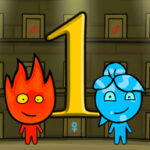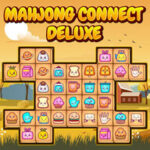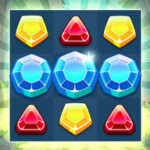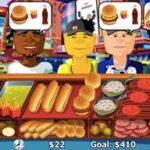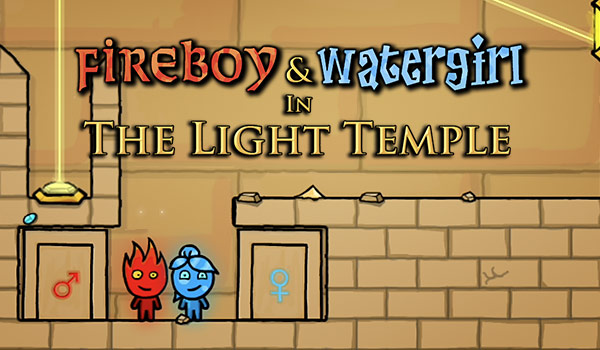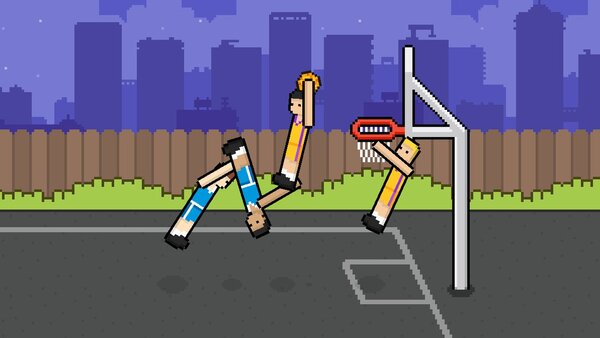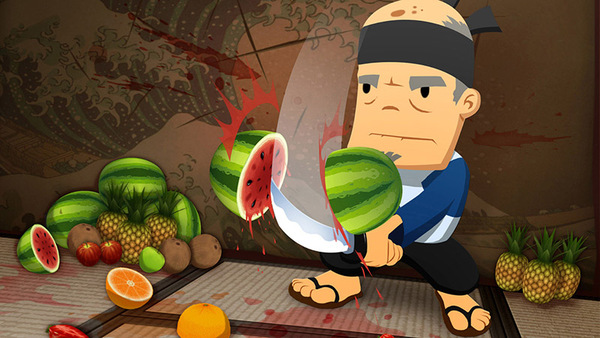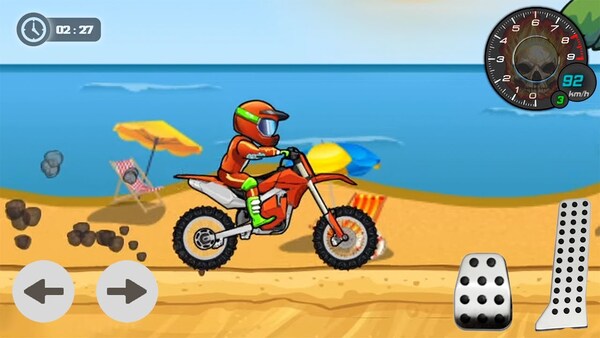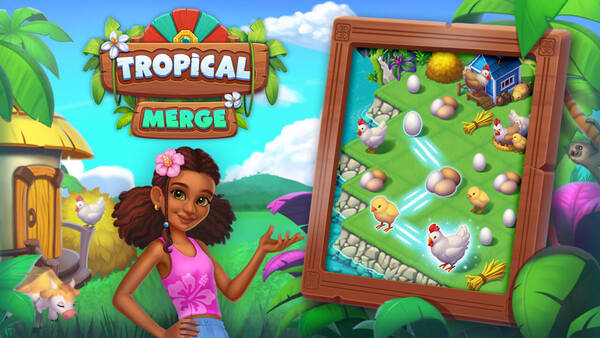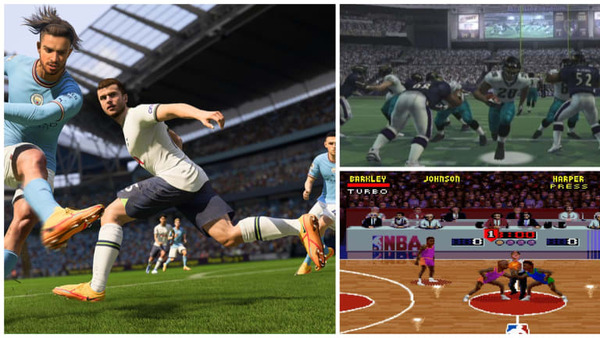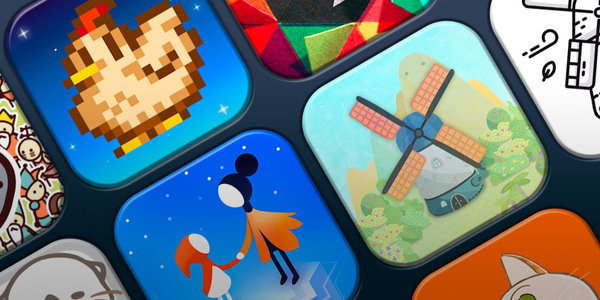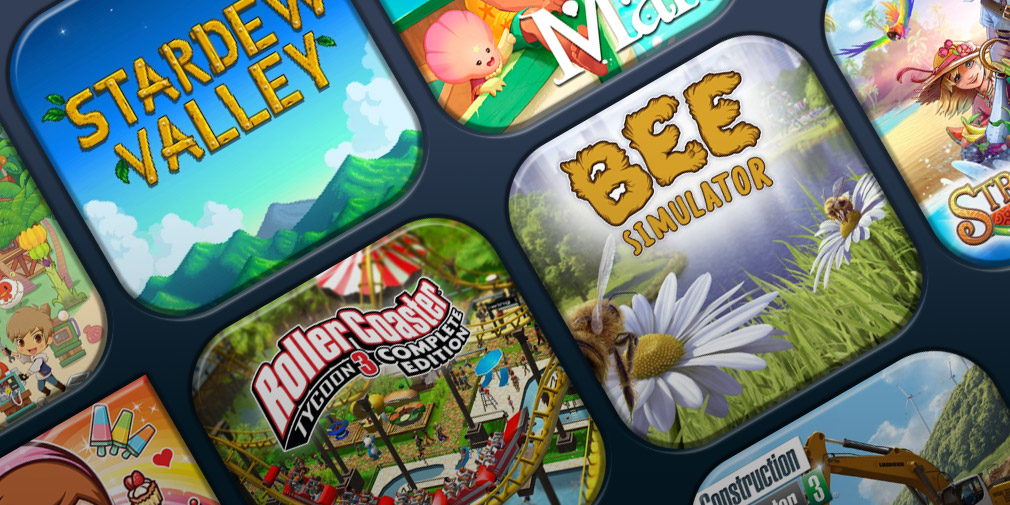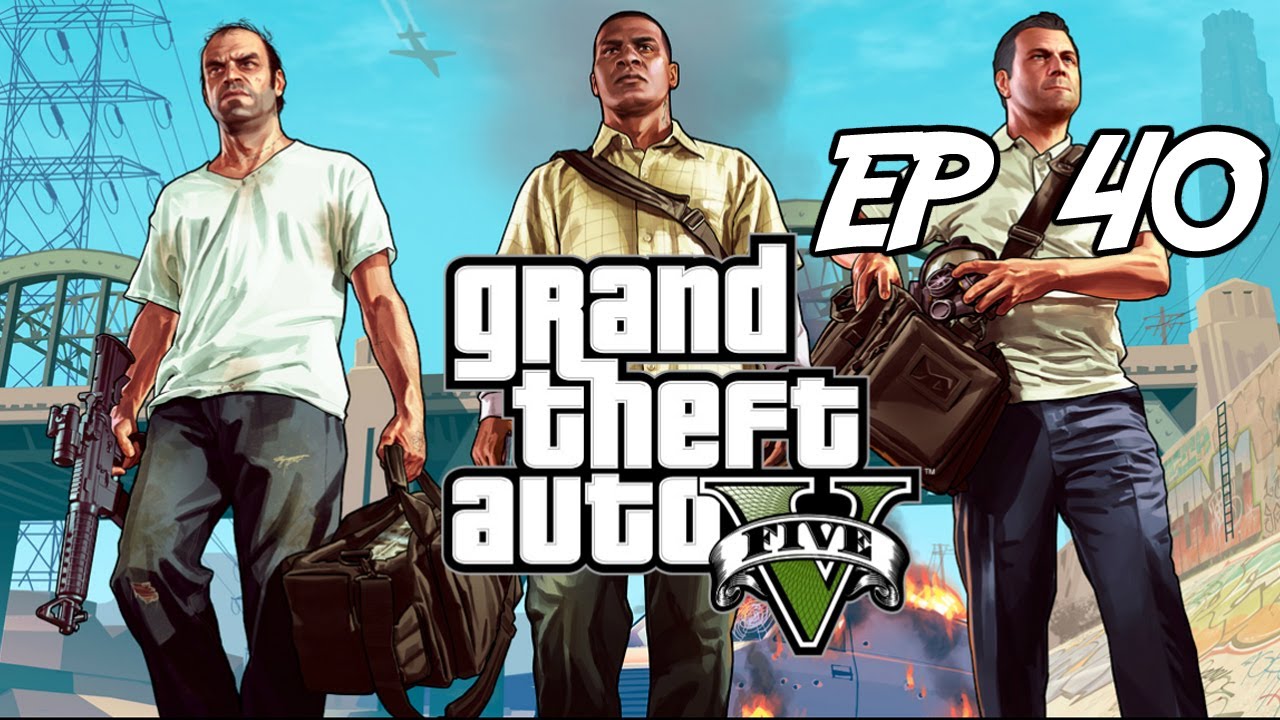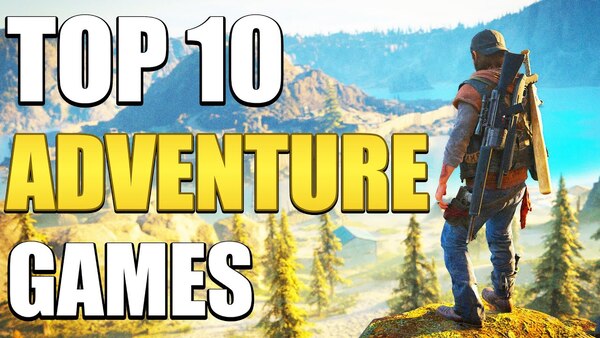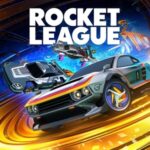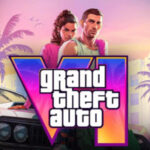Introduction
Rocket League is a high-octane blend of soccer and rocket-powered vehicles, developed by Psyonix. Since its release in 2015, it has transformed from a cult hit into a global esports sensation. With intuitive controls, endless customization, and team-based action, Rocket League continues to dominate both the casual and competitive gaming spaces.
In this article, we’ll explore the full journey of Rocket League—from its launch to its free-to-play transition, gameplay mechanics, competitive scene, and ongoing seasonal updates.
1. The Origins of Rocket League
A Sequel to a Cult Classic
Before Rocket League, Psyonix released a lesser-known game titled Supersonic Acrobatic Rocket-Powered Battle-Cars in 2008. Though it had a small following, the game laid the foundation for something bigger.
Official Launch and Breakout Success
Rocket League officially launched on July 7, 2015, on PlayStation 4 and PC, followed by Xbox One and Nintendo Switch in later years. The game saw instant popularity due to:
-
PS Plus free release
-
Twitch streamers spreading hype
-
Fast-paced, easy-to-learn gameplay
2. Gameplay Mechanics and Core Features
Simple Yet Deep Mechanics
The basic premise is simple: two teams of rocket-powered cars try to score goals by hitting a large ball into the opponent’s net. However, mastering Rocket League requires finesse and skill.
Key mechanics include:
-
Boost management
-
Aerial control
-
Flips and dodges
-
Wall play
Match Types and Modes
Rocket League offers various game modes:
-
1v1, 2v2, 3v3 (Standard Ranked)
-
4v4 (Chaos)
-
Rumble (power-ups)
-
Dropshot, Hoops (basketball), Snow Day (hockey)
There’s also a free-play mode and training packs to practice specific mechanics.
3. Customization and Car Garage
Hundreds of Unlockables
Every match earns XP and currency to unlock cosmetic items, including:
-
Car bodies (Octane, Dominus, Fennec, etc.)
-
Wheels, boosts, antennas
-
Goal explosions
-
Paint finishes and decals
Rocket Pass System
The Rocket Pass is a tiered progression system offering premium cosmetic rewards every season. Players can:
-
Unlock exclusive items
-
Level up quickly with XP boosts
-
Trade or exchange items
4. The Free-to-Play Revolution
Transition in 2020
In September 2020, Rocket League became free-to-play, leading to a huge surge in player count and new features:
-
Epic Games account integration
-
Cross-platform progression
-
More in-game events and monetization
Epic Games Support
After Psyonix was acquired by Epic Games in 2019, Rocket League gained:
-
Larger budgets for updates
-
Integration into the Epic ecosystem
-
Fortnite-inspired events and cosmetics
5. Competitive Play and Esports Scene
Ranked System
Players can queue into competitive matches in various modes. Ranks include:
-
Bronze → Silver → Gold
-
Platinum → Diamond → Champion
-
Grand Champion → Supersonic Legend
Each rank has divisions and promotion/demotion thresholds based on performance.
Rocket League Championship Series (RLCS)
RLCS is the pinnacle of Rocket League esports, featuring global teams and massive prize pools.
Tournaments include:
-
RLCS World Championships
-
Regional events (NA, EU, SAM, APAC)
-
CRL for collegiate players
-
Community-led events like The Grid
6. Cross-Platform and Social Features
Play With Anyone, Anywhere
Rocket League supports full cross-play across:
-
PC (Epic and Steam)
-
Xbox
-
PlayStation
-
Nintendo Switch
Players can link accounts via Epic Games to maintain:
-
Rank progression
-
Inventory
-
Friends list
Clubs and Parties
Create a Club with your friends to:
-
Customize your club tag and colors
-
Compete in Club Matches
-
Share replays and highlights
7. Seasonal Updates and Live Events
Seasons and Competitive Resets
Every few months, a new season brings:
-
Fresh Rocket Pass content
-
New arenas or map variants
-
Rank resets and soft MMR drops
-
Competitive tournament rewards
In-Game Events
Frequent live events include:
-
Haunted Hallows (Halloween)
-
Frosty Fest (Winter holiday)
-
Llama-Rama (Fortnite crossover)
-
Anniversary events with limited-time game modes
8. Training and Improvement
Tools for Progress
Rocket League offers several tools to improve your skills:
-
Custom Training Packs: Download packs to practice shots, saves, and mechanics
-
Free Play Mode: Practice dribbling, flicks, and aerials at your own pace
-
Workshop Maps (PC): Use Steam Workshop for obstacle courses and advanced training
Coaching and Community Help
Many YouTubers, streamers, and coaching platforms exist to help players improve, such as:
-
SunlessKhan
-
Musty
-
Rocket League Garage (for tips and trading)
-
GamersRdy and Metafy (for coaching)
9. Graphics, Sound, and Performance
Visually Stunning
Rocket League runs smoothly even on mid-range hardware, offering:
-
60+ FPS on consoles
-
4K resolution support
-
HDR and ultra graphics on PC
-
Detailed arenas and crowd animations
Audio Design
Every boost, goal explosion, and tire screech is designed with detail. Players can even choose:
-
Goal music (Player Anthems)
-
Custom engine sounds
-
Arena announcers
10. Community and Longevity
A Dedicated Player Base
Rocket League’s community continues to thrive through:
-
Reddit (r/RocketLeague)
-
Discord servers
-
Trading groups
-
Twitch and YouTube content
Longevity and Future Outlook
With constant updates, a strong esports presence, and active community feedback, Rocket League is poised to stay relevant for years to come. The devs continue to release:
-
Gameplay refinements
-
New content
-
Anticheat measures
-
UI/UX improvements
Conclusion
Rocket League isn’t just a video game—it’s a phenomenon. Combining competitive intensity with arcade fun, it appeals to casual players, hardcore fans, and professional gamers alike. With its unique mix of cars and soccer, easy-to-pick-up mechanics, and a deep skill ceiling, Rocket League remains one of the most iconic and enduring multiplayer games of its generation.















